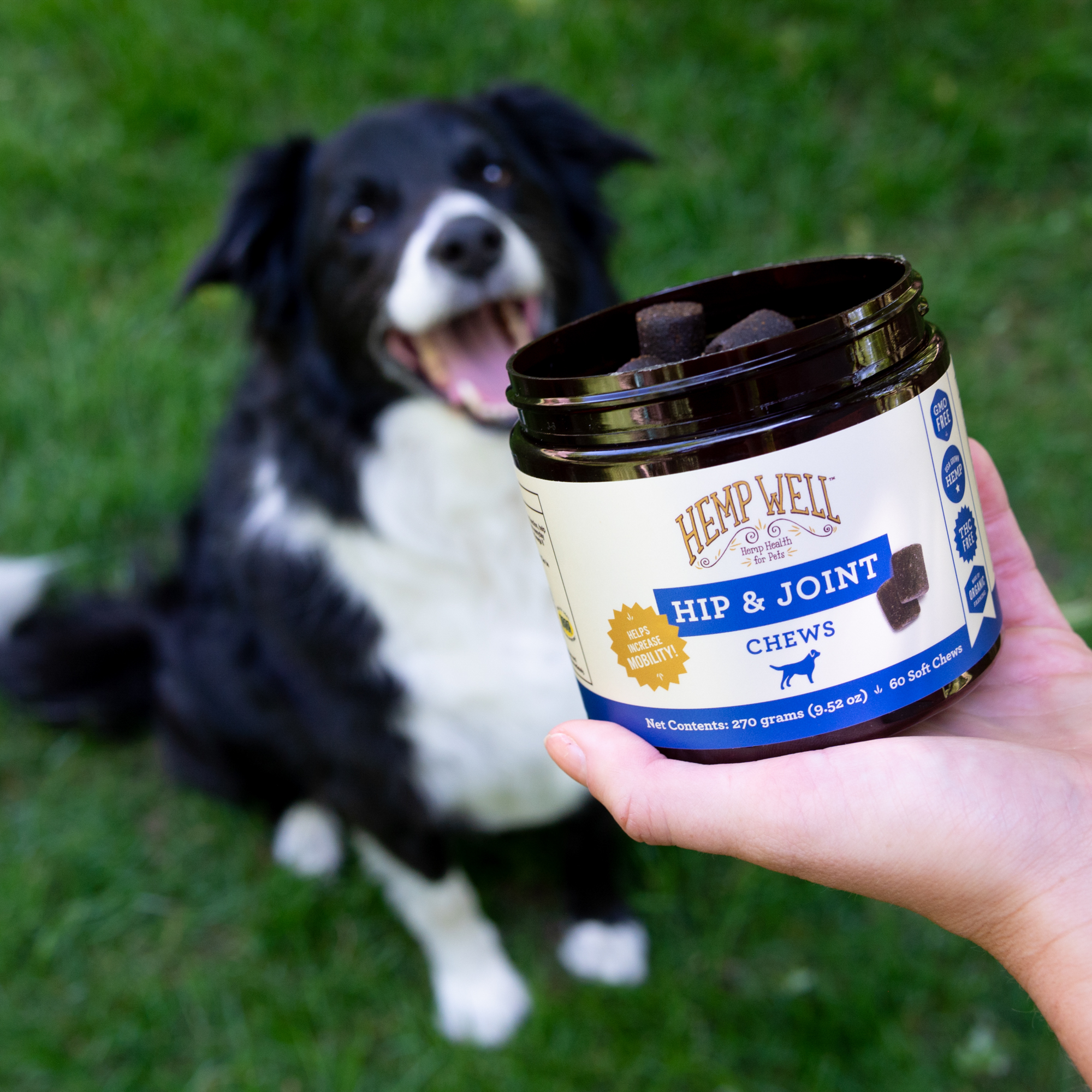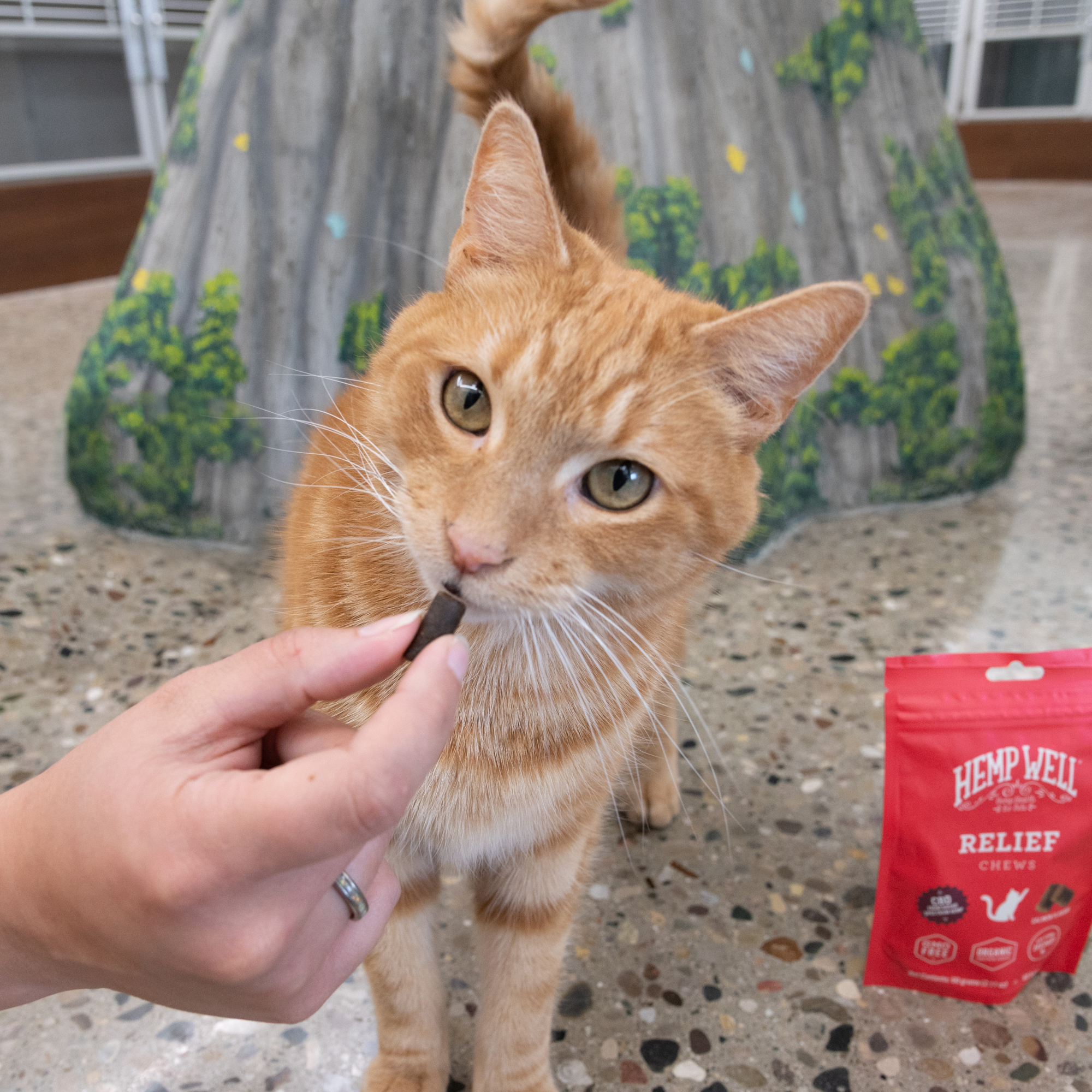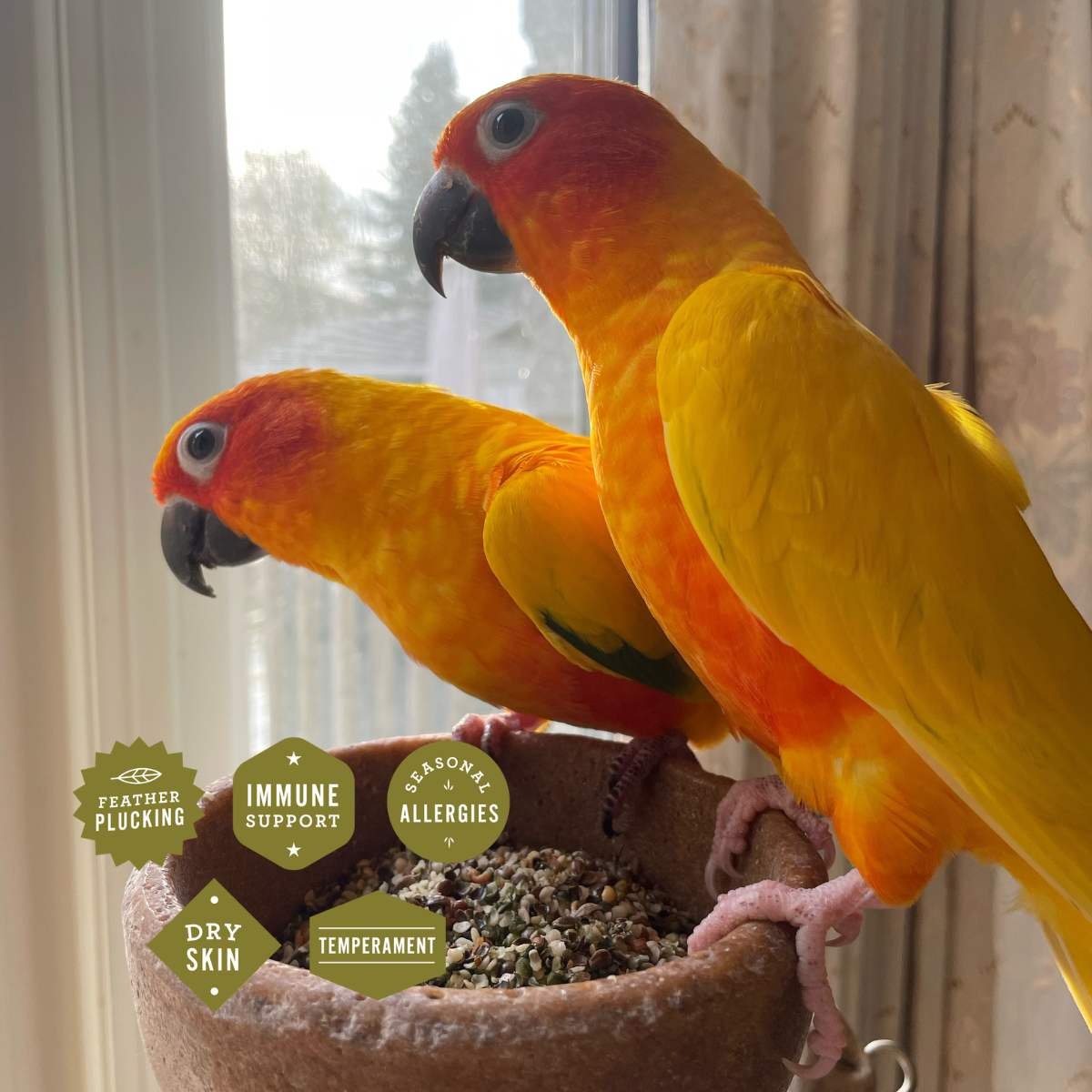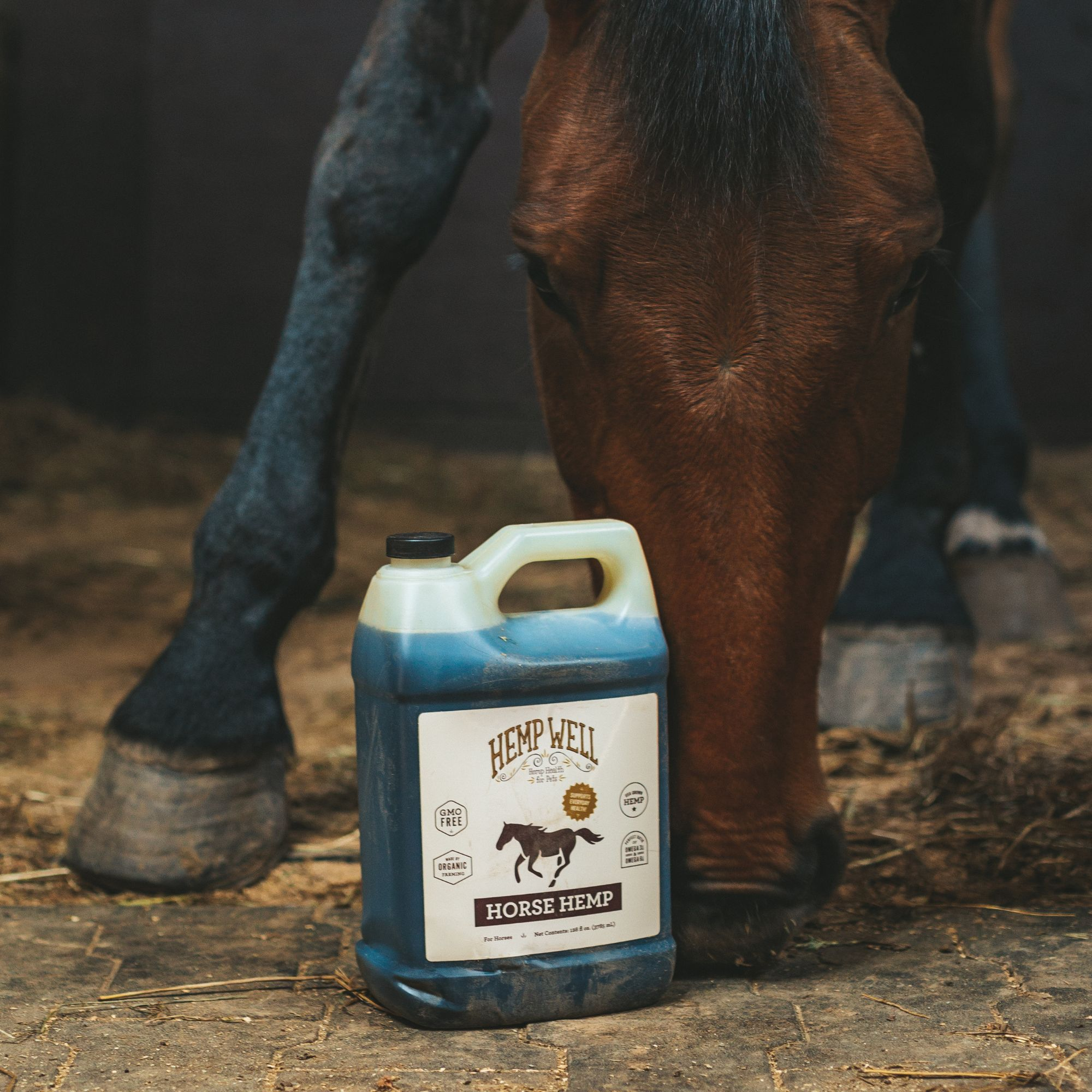How to Prevent and Manage Cat Hairballs: A Complete Guide
As a cat parent, dealing with hairballs can be a messy and worrying experience. Cats are natural groomers, and in the process, they often swallow loose fur. While most of this hair passes through their digestive tract without an issue, sometimes it clumps together and forms a hairball — leading to hacking, gagging, or vomiting. Here’s how to help your feline friend stay happy, healthy, and hairball-free.
What Are Hairballs?
Hairballs (trichobezoars) form when loose hair swallowed during grooming accumulates in the stomach instead of passing through the intestines. Cats have backward-facing barbs on their tongues, which pull out loose hair during grooming. Long-haired cats, kittens learning to groom, and senior cats are more prone to frequent hairballs.
Regular Grooming: Your First Line of Defense
The best way to minimize hairballs is to reduce the amount of loose fur your cat ingests. Brush your cat regularly — daily if they have long hair. Use de-shedding tools or grooming gloves to remove loose undercoat hair before your cat can swallow it. Regular grooming also strengthens your bond and keeps their coat healthy.
Nutrition for Hairball Prevention
Diet plays a key role in controlling hairballs. Many cat foods are specifically formulated as hairball control formulas and contain added fiber to support digestion. Omega-3 and omega-6 fatty acids also promote a healthy coat and reduce shedding. Consider supplementing your cat’s diet with Hemp Well Cat Relief Soft Chews or Calm Cat Soft Chews, which support skin, coat, and overall wellness.
Natural Hairball Remedies
Over-the-counter hairball remedies like oils, gels, or soft chews can help hair pass more easily through the digestive tract. Hemp Well products are made with organic hemp and no fillers, offering a natural solution for supporting digestion and skin health. Shop all Hemp Well cat supplements >>
Hydration is Key
A well-hydrated digestive system helps hair move along smoothly. Provide your cat with fresh, clean water at all times, and consider offering wet food to increase daily moisture intake.
Recognize Hairball Warning Signs
Occasional hairballs are normal, but be alert for excessive hacking, retching, gagging, or vomiting. Additional signs of trouble include constipation, diarrhea, loss of appetite, or lethargy. Persistent symptoms may indicate a digestive blockage — a serious condition requiring immediate veterinary care.
Enrichment & Stress Reduction
Excessive grooming can sometimes be a sign of boredom, stress, or anxiety. Provide your cat with plenty of toys, scratching posts, and interactive playtime to reduce over-grooming. For anxious cats, Hemp Well Calm Cat Drops can help support a calmer demeanor naturally.
When to Call the Vet
If your cat is frequently vomiting hairballs, losing weight, or showing changes in appetite or energy, schedule a vet visit. Your veterinarian may recommend diagnostic tests, diet adjustments, or prescription solutions for chronic hairball issues.
Bottom Line: Preventing hairballs takes a combination of grooming, diet, hydration, and behavioral care. By being proactive and using safe, natural supplements like Hemp Well cat products, you can help your feline friend live a more comfortable, hairball-free life.

Shop Hemp Well Cat Supplements >>








